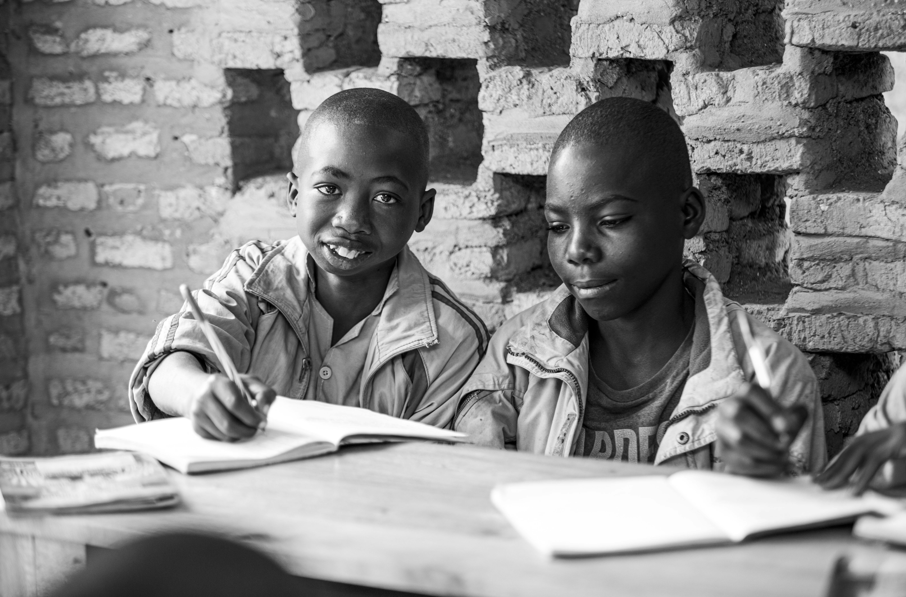In the middle years of secondary school, many Nigerian students are introduced to the mechanics of a pulley system—an elegant configuration of wheels and ropes that redistributes force to lift heavy loads with less effort. It is a simple yet powerful concept, and perhaps one of the most apt analogies for what Corporate Social Responsibility (CSR) can represent in the transformation of education.
Like the pulley, CSR has the potential to lift barriers, redirect trajectories, and lighten the weight of inequality that burdens millions of Nigerian youth. But just like its mechanical counterpart, this potential remains inert unless applied with the right structure, force, and continuity.
The Uneven Landscape of Learning
Nigeria’s education sector is marked by stark disparities. According to data from the National Bureau of Statistics and UNESCO, nearly 31% of Nigerians aged 15 and above remain illiterate, with millions more lacking access to quality basic education. These are not just numbers—they represent futures held back by poverty, infrastructural neglect, and systemic inefficiencies.
Yet amid this sobering reality lies a quietly unfolding narrative of corporate intervention—one that, if better understood and scaled, could redefine the role of businesses in shaping a resilient, educated population.
The Pulley Metaphor: A CSR-Driven Framework for Impact
If CSR is the wheel—the directional force guiding private sector contributions—then education is the rope, the medium through which those contributions create lasting uplift. And at the heart of it all lies the load: the Nigerian youth, burdened by challenges beyond their control but full of unrealised potential.
When properly structured, CSR in education is not a performative gesture—it is a lever for transformation.
- Scholarships and Infrastructure Support reduce the cost barrier to learning.
- Digital learning initiatives bridge geographic and technological divides.
- Teacher training programmes improve quality at scale.
- Vocational education and life skills programmes translate schooling into employability.
But a pulley without consistent force is ineffective. So too is a CSR programme that appears once a year for media optics but fails to build continuity or scale. For impact to be real, corporate investment in education must be strategic, sustained, and deeply embedded in an organisation’s sustainability philosophy.
CSR-in-Action: Where Education and Sustainability Meet
At CSR-in-Action, we view education not as a siloed cause but as a pillar of sustainable development. Our advocacy, capacity-building efforts, and multi-sectoral partnerships are all geared toward embedding education in corporate policy and practice, especially within industries that often operate closest to under-served communities.
Through the Sustainability in the Extractive Industries (SITEI) platform, we continue to elevate education as a priority in ESG and community development discourse. Our training programmes provide youth—particularly women and marginalised groups—with practical competencies in financial literacy, digital innovation, and entrepreneurship. These are not short-term handouts but long-term interventions that enable self-sufficiency.
We also advocate for gender-inclusive education policies, ensuring that no demographic is left behind as Nigeria builds the workforce of the future. By integrating education into our consultancy, advocacy, and training work, CSR-in-Action ensures that learning is not an afterthought, but a core metric of sustainable national development.
A Call for Vision, Not Charity
Ultimately, CSR in education is not about charity—it is about vision. Businesses that invest in education are not just ticking CSR boxes; they are contributing to economic growth, social stability, and national competitiveness.
The more deliberately we lift today’s youth—through scholarships, policies, partnerships, and skills training—the more resilient and capable Nigeria becomes tomorrow.


